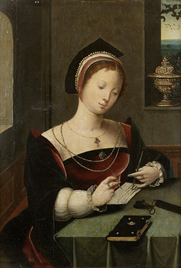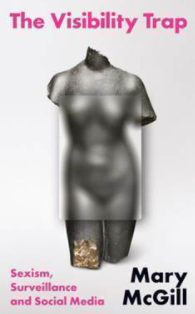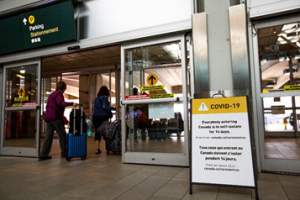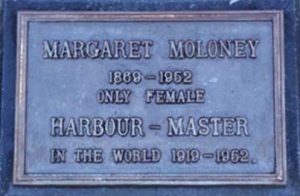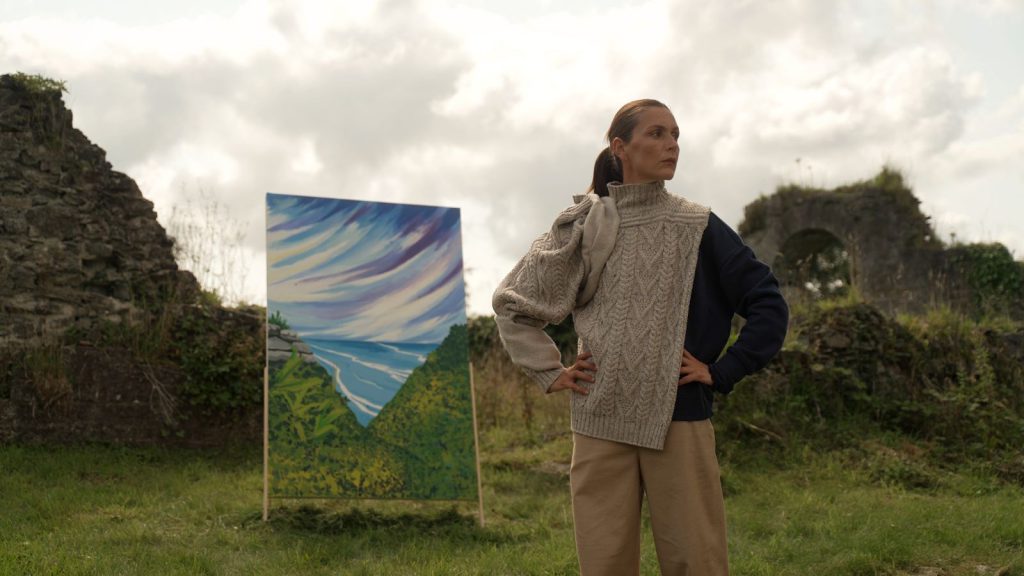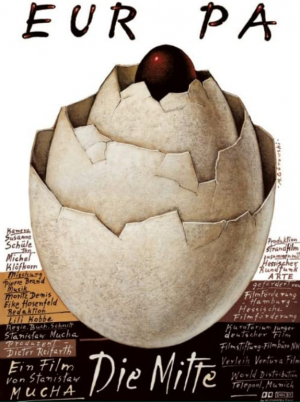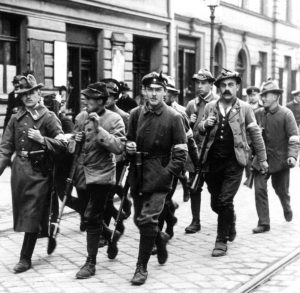
ICTS Roundtable –
“Digital Spaces and Gender”, Karen Sugrue (Activist & TUS); Dr Carole Quigley (Post-Doc, MIC); TBC (Postgrad, MIC), 6 Apr 2022 @ 1pm (IST)
Sociologist, psychotherapist and activist Karen Sugrue (TUS), Dr Carole Quigley, Post-Doc Teaching Fellow in Drama & Theatre Studies (MIC), creator and host of two podcasts, will be joined by a postgraduate student to discuss online abuse and trolling of women and people with vulnerable identities in digital spaces. The event is facilitated by Dr Deirdre Flynn (English Language & Literature) and Dr Sandra Wagner (German Studies).
Karen Sugrue: Women’s stories from the frontline of political activism
In the last three years I have worked closely with two women while they ran for election and afterwards. I am also co-chair of a national lobbying group working to bring in legislation to put Safe Access Zones around hospitals, GPs, & medical centres to prevent the harassment and intimidation of people by anti-abortion protesters. Women entering political spaces, spaces that were traditionally the almost exclusive domain of men, encounter very specific forms of hate and misogyny from groups who see their power being challenged. Women lobbying for reproductive rights, and any issue related to the bodily autonomy of women and pregnant people, also encounter hate and vitriol from these same groups. A large amount of this hate and anger manifests in online abuse and trolling of women and people with vulnerable identities inhabiting these spaces. I want to talk about the experiences of women who are working to challenge the misogyny that is endemic in political spaces, what that looks like on the ground, how we recognise it, and what we can do collectively to address it and work to co-create spaces that are safe for women to engage with politics.
Dr Carole Quigley: What it means to be The Feminist Babysitter
Rape culture is not a new or emerging problem. It has arguably existed as a product of hegemonic patriarchy since patriarchy was established. It absolutely has a negative impact on those who identify as men, but it has an overwhelming negative impact on those who identify as women. It belongs on a spectrum, where the act of physically carrying out sexual violence against another person or persons exists at the extreme end, but at the other, lives a culture that supports, condones and maintains sexual violence through consistent and sustained performative speech acts. Arguably, rape culture has demonstrably become more visible, dangerous, and unfortunately, accepted, through the rise of social media and ease of access to the Internet. This presentation aims to examine the ways in which rape culture is continually proliferated online, and looks at some of the ways in which we can begin to tackle it.
Karen Sugrue has been with the Social Care Work team in TUS/ Limerick IT for the last 20 years where she works as a sociologist and psychotherapist and teaches the best students in Ireland. She is passionate about inclusive, intersectional feminism, supporting women in politics, and activism in the space of reproductive rights, equality, social justice, and mental health advocacy. She lives close to the college with her kids, her cats, and constant reruns of Star Trek and the West Wing. Dr Carole Quigley (she/her) is a Post-Doc Teaching Fellow in the Department of Drama and Theatre Studies at Mary Immaculate College, Limerick. She is the creator and host of two podcasts; The Feminist Babysitter, which tackles contemporary feminist issues, and, Irish Theatre at Play, which examines all aspects of Irish theatre. She is heavily focused on embedding Equality, Diversity and Inclusion (EDI) principles in the workplace, with a specific focus on deconstructing implicit biases. In relation to theatre, her main research interests include; women on the contemporary Irish stage, the female body in performance, representations of feminisms and femininities in Ireland, sexual violence against women and the construction of a global ‘rape culture’, and navigating the sexual and sexualised female performer.
This roundtable is part of our Spring series, focusing on “Digital Spaces and Transnational Femininities”, organized in association with the Institute of Irish Studies and the Irish Women’s Writing Network. Please pre-register via Registration Link and share with interested colleagues and students.
